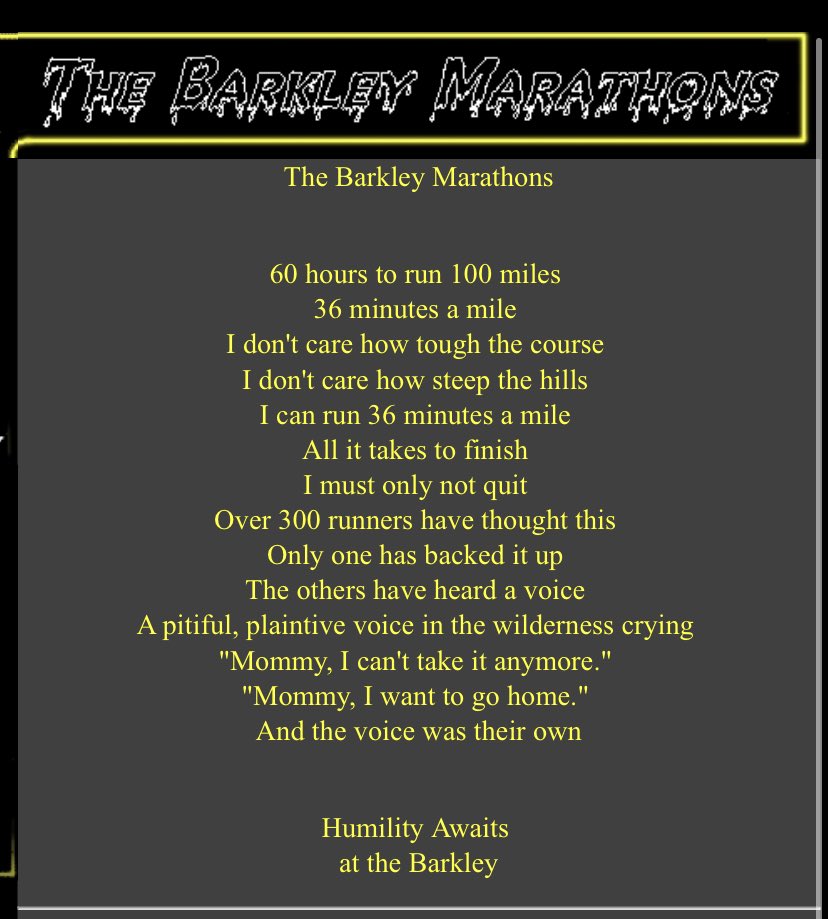Categories Twitter
7 days
30 days
All time
Recent
Popular
Twitter removed 800 followers from my account today. People have been writing saying twitter automatically unfollowed me for them. Follow me on Parler @robinmonotti & Telegram https://t.co/o5rFaSrCpa to bypass this.
I have already left both Facebook & Instagram. We need to keep agile.
They will try to ban Parler, blaming it for Capitol theatre. I think Telegram may survive as it's not based in the
Yes Telegram owner @durov received & accepted what effectively is an award, not a partnership: the Young Global Leaders membership of the World Economic Forum in 2017. Does this mean he passes users info on? I don't think so.
This is what @Snowden had to say about @durov. Since then Telegram introduced the option of end to end encrypted chats not saved in Telegram servers. These private chats cannot be forwarded, and none of the participants can capture screenshots of
I have already left both Facebook & Instagram. We need to keep agile.
They will try to ban Parler, blaming it for Capitol theatre. I think Telegram may survive as it's not based in the
Yes Telegram owner @durov received & accepted what effectively is an award, not a partnership: the Young Global Leaders membership of the World Economic Forum in 2017. Does this mean he passes users info on? I don't think so.
This is what @Snowden had to say about @durov. Since then Telegram introduced the option of end to end encrypted chats not saved in Telegram servers. These private chats cannot be forwarded, and none of the participants can capture screenshots of
Trust us not to turn over data. Trust us not to read your messages. Trust us not to close your channel. Maybe @Durov is an angel. I hope so! But angels have fallen before. Telegram should have been working to make channels decentralized\u2014meaning outside their control\u2014for years.
— Edward Snowden (@Snowden) December 30, 2017
The twitter ban on 45 is a victory in some sense for the immediate but a warning in the long term, not on the curtail of free speech but as gesture towards the expansive power commercial tech has on every aspect of our governance and our lives, I don’t quite have the words but-
What I’m trying to get at, is not just that Twitter’s decision allows us to see—in ways that have been obscured—how much control they have over content moderation—
but as @Elinor_Carmi points out “platforms don’t just moderate or filter “content”; they alter what registers to us and our social groups as “social” or as “experience.” https://t.co/GSByAOoDWg changed
I’m worried that the celebration of Twitter’s intervention on fascist rhetoric-however too little and too late- directs us to desire tech companies enforcement of liberal and democratic procedures rather than towards an investigation of
how they’ve developed computational infrastructures which exceed the power of the nation state, are hollowing out our institutions for frictionless (see removing human contact) optimization and are insufficiently described by neoliberalism
What I’m trying to get at, is not just that Twitter’s decision allows us to see—in ways that have been obscured—how much control they have over content moderation—
but as @Elinor_Carmi points out “platforms don’t just moderate or filter “content”; they alter what registers to us and our social groups as “social” or as “experience.” https://t.co/GSByAOoDWg changed
I’m worried that the celebration of Twitter’s intervention on fascist rhetoric-however too little and too late- directs us to desire tech companies enforcement of liberal and democratic procedures rather than towards an investigation of
how they’ve developed computational infrastructures which exceed the power of the nation state, are hollowing out our institutions for frictionless (see removing human contact) optimization and are insufficiently described by neoliberalism
1/ Meta thread about "Going Pro" on Twitter.
I've been a Twitter power user since 2008 or so. Long time.
I've watched it change from an impromptu conversation or watch party platform to a place for people to build their professional reputations and network.
2/ In many ways it's matured into a more effective professional platform than LinkedIn.
LinkedIn is (mostly) about collecting the professional contacts you've met.
Twitter is a place to meet new people.
That much hasn't
3/ What also hasn't changed is its power for networking.
This is particularly useful if you break out of your echo chamber and talk, build relationships with people doing tangentially related things.
You're bricklaying and with patience it pays off.
4/ What has changed is a growing population of people being *intentional* about the use of Twitter for their professional lives.
Observations on what's working for them:
5/ They "Build in public" - sharing behind the scenes perspectives on whatever it is you're doing professionally.
What do people not know about what you do?
Stick within your expertise, with focus, where people see you are an authority - that’s where you grow a following.
I've been a Twitter power user since 2008 or so. Long time.
I've watched it change from an impromptu conversation or watch party platform to a place for people to build their professional reputations and network.
2/ In many ways it's matured into a more effective professional platform than LinkedIn.
LinkedIn is (mostly) about collecting the professional contacts you've met.
Twitter is a place to meet new people.
That much hasn't
Facebook is where you learn you don't like a lot of the people you know. Twitter is where you learn to like people you don't know already.
— Amanda Orson (@amandaorson) August 2, 2012
3/ What also hasn't changed is its power for networking.
This is particularly useful if you break out of your echo chamber and talk, build relationships with people doing tangentially related things.
You're bricklaying and with patience it pays off.
Back of the napkin math - over the last year I've referred (or retained) $500k+ worth of business to contacts in my network.
— Amanda Orson (@amandaorson) November 16, 2016
4/ What has changed is a growing population of people being *intentional* about the use of Twitter for their professional lives.
Observations on what's working for them:
5/ They "Build in public" - sharing behind the scenes perspectives on whatever it is you're doing professionally.
What do people not know about what you do?
Stick within your expertise, with focus, where people see you are an authority - that’s where you grow a following.
This is why I'm not a critic of "cancel culture." It's crucial to impose social costs for the breech of key social norms. The lesson of overreaction is that we need to recalibrate judgment to get it right next time, not that we need a lot more bad judgment in the other direction.
Obviously, people will disagree about which norms are important, about how bad it is to violate them, and thus about how severe the social cost ought to be. That's just pluralism, man, and it's good.
It's important to openly talk through these substantive differences, which is why derailing these conversations with hand-waving moral panic about "cancel culture" is obnoxious and illiberal.
Screaming "cancel culture!" when somebody pays a social costs other people have been fighting hard to get others to see as necessary is often just a way to declare, with no argument, that the sanction in question was not only unnecessary but in breach of a more important norm.
It's impossible to uphold social norms without social sanctions, so obviously anti-cancelers are going to want to impose a social cost on people they see as imposing unjustly steep social costs on others.
Every single critic of "cancel culture" just thinks the wrong people are getting canceled. pic.twitter.com/DDIVccj8zV
— Michael Hobbes (@RottenInDenmark) February 2, 2021
Obviously, people will disagree about which norms are important, about how bad it is to violate them, and thus about how severe the social cost ought to be. That's just pluralism, man, and it's good.
It's important to openly talk through these substantive differences, which is why derailing these conversations with hand-waving moral panic about "cancel culture" is obnoxious and illiberal.
Screaming "cancel culture!" when somebody pays a social costs other people have been fighting hard to get others to see as necessary is often just a way to declare, with no argument, that the sanction in question was not only unnecessary but in breach of a more important norm.
It's impossible to uphold social norms without social sanctions, so obviously anti-cancelers are going to want to impose a social cost on people they see as imposing unjustly steep social costs on others.


























